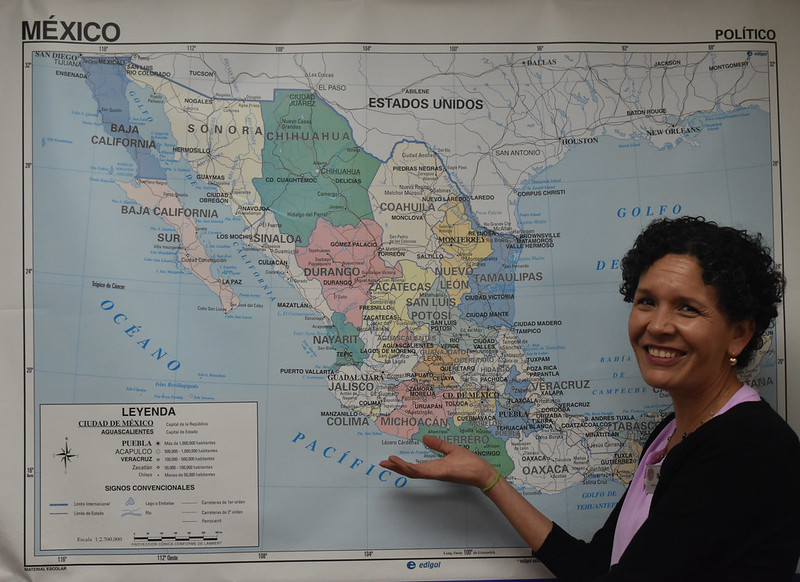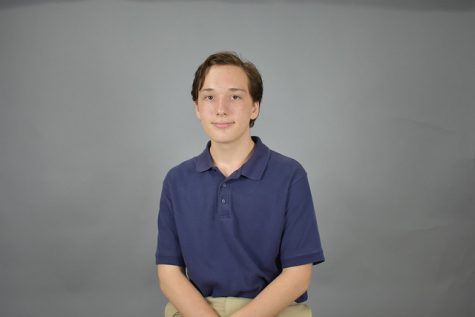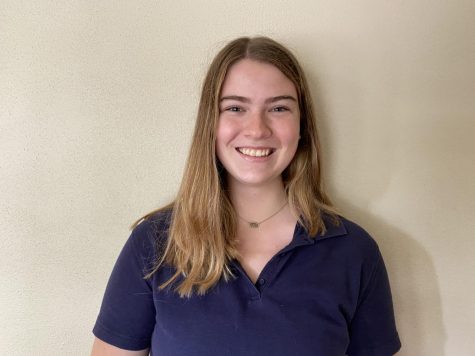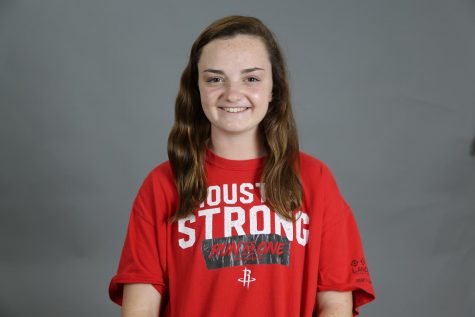Class Act: Spanish teacher Raquel Gaytán
Spanish teacher Raquel Gaytan joins the world language department.
November 12, 2019
Raquel Gaytán has never been a good cook. Although what she puts on the stove may be edible, she can’t quite call it food. Her only skill in the culinary world is the preparation of beans.
“I can cook any kind of legumes,” Gaytán said. “Any colors and shapes, vegetarian and non-vegetarian. But nothing else.”
Although the new Upper School Spanish teacher may not celebrate her heritage through cooking, she has always been connected to her Hispanic roots. As the third of seven children, Gaytán grew up in Villa Gonzalez Ortega, a small village in the Mexican state of Zacatecas.
As a child, Gaytán often noticed the lack of Spanish-speaking ability in her American relatives. When she moved to the U.S., she didn’t want to lose touch with her heritage or language.
When Gaytán was fifteen, her aunt took her to Houston where she attended Memorial High School. Her “linguistic and cultural awareness” helped her earn a bachelor’s in Spanish and English and a master’s in Spanish Literature from Rice, where she was a senior lecturer for 21 years.
At Rice, Gaytán instructed several St. John’s alumni and admired their dedication towards their work, as well as their Spanish ability. Now that she is transitioning from Rice to St. John’s, she sees similar commitment in her younger students.
“I see St. John’s as a form of Rice,” she said. “The students so far have proven to be very disciplined and dedicated to their studies.”
Gaytán also studied in a graduate program at Rice with World Languages Department Chair Aline Means.
“Ms. Gaytán has a calming presence about her. It makes students feel safe in her classroom,” Means said. “That was very appealing to me and to the department. We felt that she could hit the ground running.”
Gaytán teaches both Spanish II and Spanish III. In her classroom, she aims to create a comfortable environment where students are not afraid to speak and make mistakes. She encourages her students to ask “preguntas inteligentes y sofisticadas,” or intelligent and sophisticated questions, and she wants them to feel free to ask or say anything appropriate, whether it be about themselves or the lesson.
“They can share who they are and ask questions,” she said. “As a language classroom, we do a lot of speaking and interaction.”
In her free time, Gaytán enjoys walking, which she sees as a way to explore the world. She also enjoys thrift shopping, which she considers a “competitive sport.” It’s not only a way to connect with others, but also an economically responsible form of recycling.
“Since I come from a big family, I grew up getting hand-me-downs,” Gaytán said. “I always had to be responsible, to use and reuse.”
Gaytán appreciates the help she’s received from other teachers so far.
“I had a lot to learn—I still have a lot to learn. It’s been interesting getting to know the students, the administration and the other teachers.”







